KS2 - Further AI
Artificial Intelligence Workshop for KS2
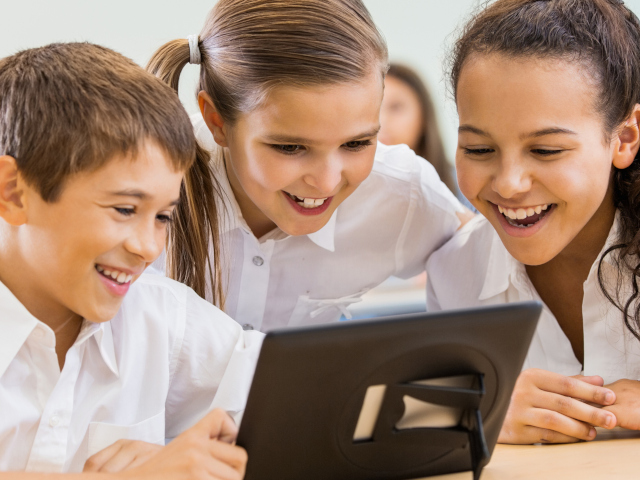
AI is rapidly changing our lives and how we use computers to solve problems. Even young children benefit from understanding how AI works, its advantages and limitations.
This workshop follows-on from KS2 - Intro to AI and gives pupils further opportunities to use AI and understand in greater depth how it works. It is assumed that most pupils will be familiar with the concepts of training Machine Learning with example data in order for it to recognise objects.
Session activities
The core of this workshop is learning how computers see the world and using this new knowledge to optimize an object recognition system. We also look for bias in the outputs of Generative AI and discuss ways of reducing bias. The exact selection of activities depends on the age of the pupils and the length of the workshop.
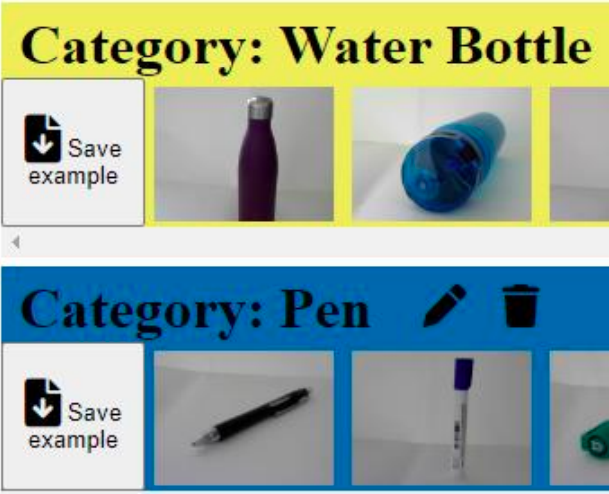
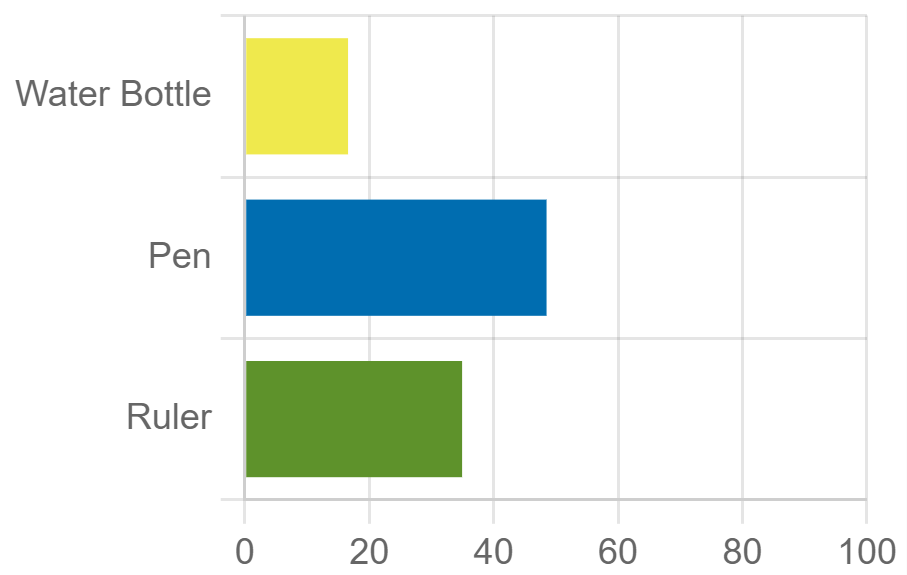
Object Recognition
Working in teams, pupils select two or more physical objects in the classroom and train a Machine Learning algorithm to recognise the objects. This activity is a more open-ended version of the object recognition done in the introductory workshop and allows pupils to refamiliarise themselves with the concepts and equipment. Each team demonstrates their system and we see how well they perform.
Throughout this activity, the training images are saved on the computers within the classroom and are never shared or uploaded anywhere else. At the end of the workshop, we show that all the images are deleted.
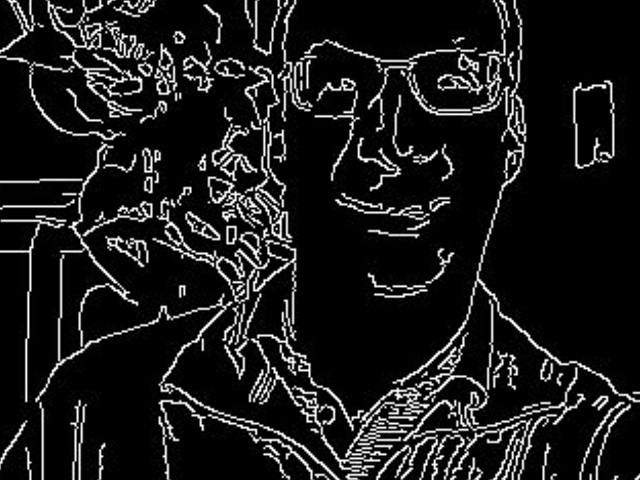
Computer Vision
We reveal how computers see the world differently to humans and how AI algorithms learn to recognise shapes and features.
Pupils see for themselves the use of edge detection in computer vision and we explain how feature detection works in Machine Learning. Pupils can apply this new knowledge to reduce the impact of background objects on the performance of their object recognition systems.

Generative AI
We re-visit Generative AI, using a text-to-image generator. The output images are moderated to ensure they are safe and appropriate for pupils.
Pupils see how Generative AI is vulnerable to bias in the training data, as with all AI, and the recursive risks of the internet containing increasing amounts of AI-generated content.
Equipment
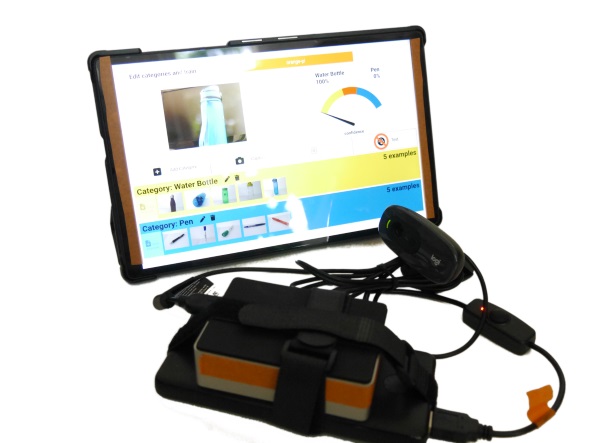
All equipment is provided and no school IT equipment or network access is required, apart from a screen or projector to which we connect our laptop.
Each team receives a touchscreen tablet and a battery-powered Raspberry Pi mini computer, with a webcam attached. They use the tablet to interact with the Raspberry Pi, control the camera, view results and participate in team quizzes.
The tablet and Raspberry Pis do not have any internet access and are fully locked down so that only the workshop content is accessible.
Session format
The format is very flexible, however we recommend that each session lasts 90 minutes for approximately 30 pupils at once, which ensures time for multiple activities, discussions and plenty of interactivity. The minimum duration is 60 minutes and the maximum capacity is 40 pupils.
The workshop is intended for pupils in Years 5 and 6 and we are also experienced in adapting the material and delivery for SEN pupils.
None of the activities require any coding.
The workshop can be run in any classroom or hall with tables and does not need to be where school computers are situated.
Please get in touch to discuss your requirements.
Curriculum links
The workshop content links with the National Computing Curriculum, as well as promoting data literacy and data ethics:
"Can evaluate and apply information technology, including new or unfamiliar technologies, analytically to solve problems."
"Select, use and combine a variety of software on a range of digital devices to design and create a range of programs, systems and content that accomplish given goals."
Learning outcomes
All pupils can train a Machine Learning (ML) system to recognise two or more categories of objects, having selected appropriate examples images for each category.
All pupils have witnessed bias in the output of Generative AI and understand how this bias has arisen.
Most pupils have observed how computer vision recongises shapes by detecting edges.
Some pupils have improved the performance of their object recognition system by using their knowledge of computer vision to improve the composition of their training images.
Safety and privacy
Information about safeguarding, safety measures and data privacy can be found on our Safety page.
Cost
- £450 for a half-day visit (e.g. 1-2 workshops)
- £650 for a full-day visit (e.g. 3-4 workshops)
This workshop is eligible for the Neon bursary scheme for schools.
We do not charge VAT on these prices. Our timings are flexible so please get in touch to discuss your requirements.
Currently we are only able to visit schools in and around London but hope to reach more areas in future.